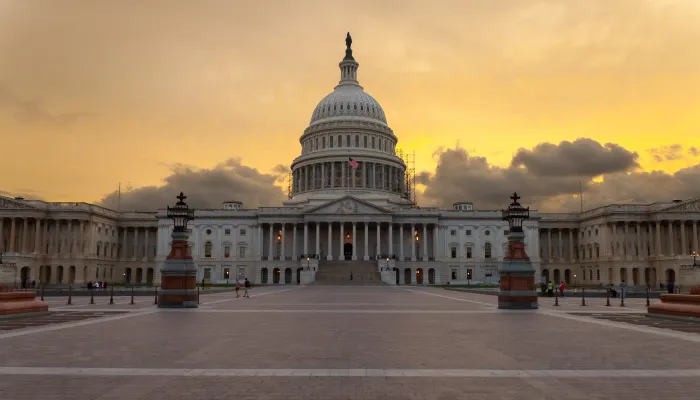Reconciliation for Deficit Reduction
Next year, Members of Congress may choose to use a mechanism known as reconciliation to fast-track the enactment of tax or spending changes.
The following is a statement from Maya MacGuineas, president of the Committee for a Responsible Federal Budget:
While reconciliation has most often been used to enact deficit reduction, oftentimes lawmakers have opted to use it to fast-track deficit-increasing policies instead. If reconciliation is used next year as we face ballooning deficits, growing interest payments, and soon-to-be-insolvent trust funds for programs for our seniors, any plans that worsen the fiscal situation should be off the table. Since 1980, the vast majority of the 23 enacted reconciliation bills have reduced deficits, many on a bipartisan basis. Congress used reconciliation for major deficit reduction in 1982, 1990, and 1993 and to balance the budget in 1997, as well as for other deficit-reducing measures.
However, it has also been used to pass tax cuts and deficit-increasing spending—all of which have contributed to the mess we are currently in.
With interest costs now exceeding the defense budget and debt approaching record levels, clearly this fast-track process shouldn’t be used to worsen the already dreadful fiscal picture.
No Member of Congress who worries about the debt and its effect on the economy, national security, and our children should vote for reconciliation instructions that worsen our fiscal picture, but it would be an excellent tool to employ to improve it.
###
For more information, please contact Matt Klucher, Assistant Director for Media Relations, at klucher@crfb.org.


